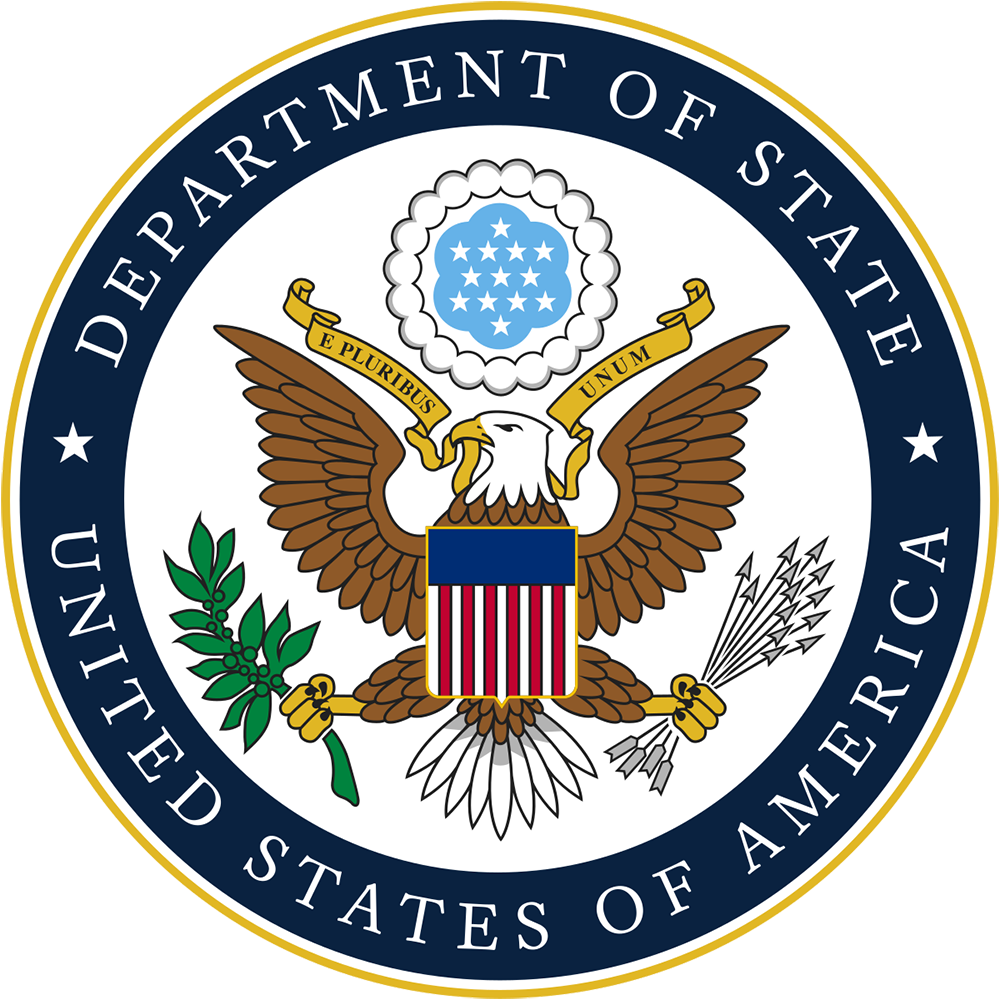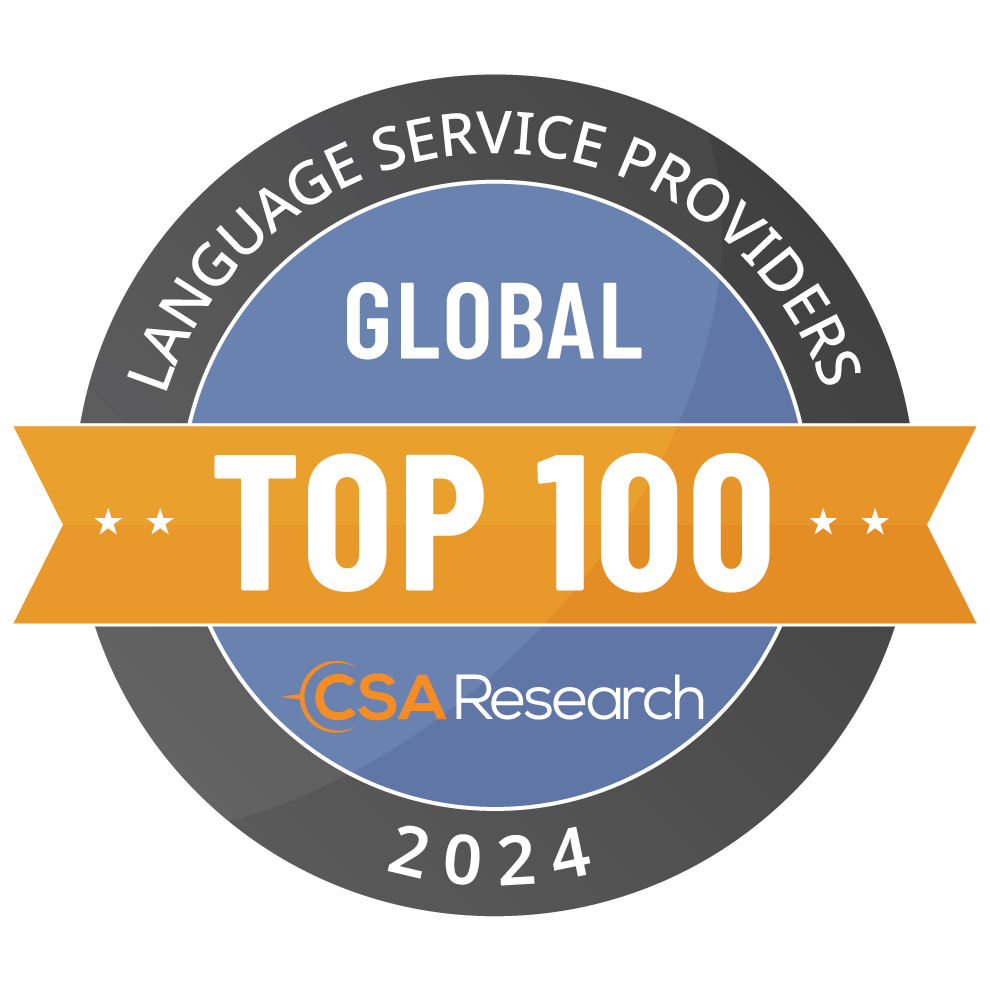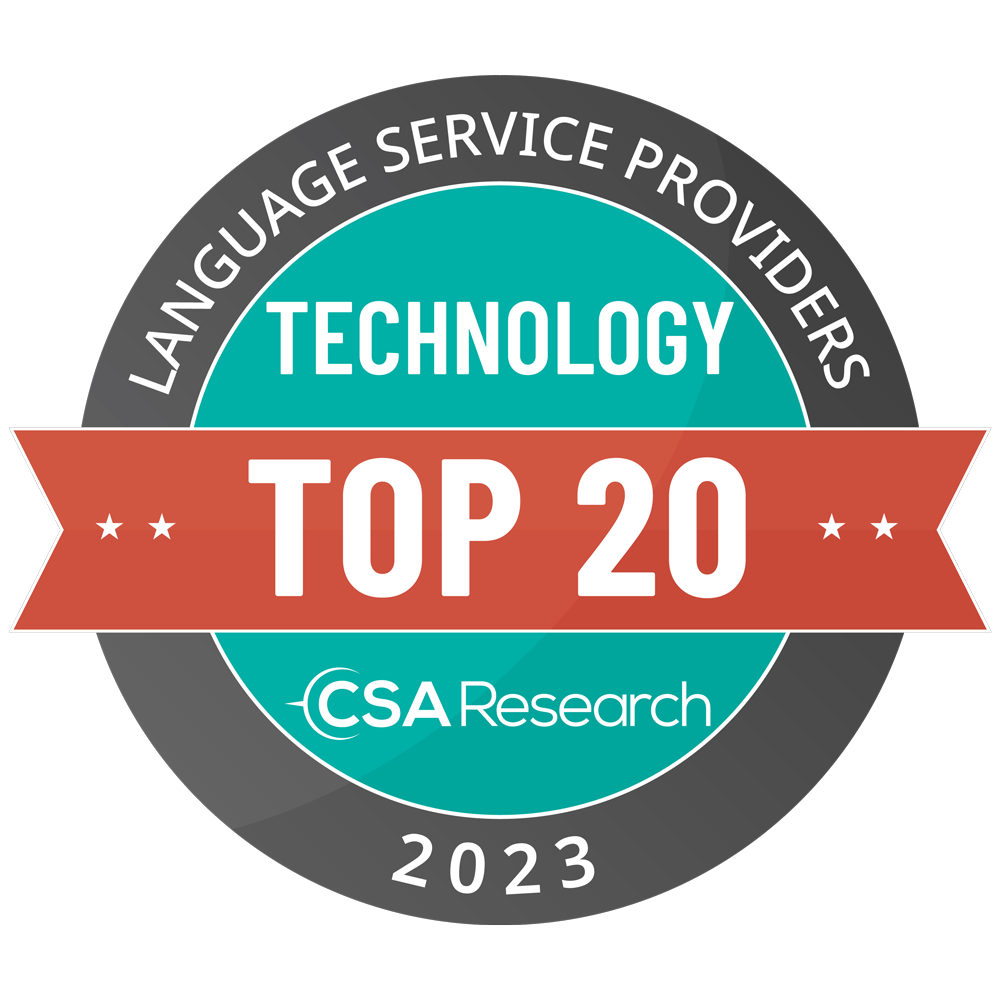
The EU Clinical Trial Regulation (CTR) and Clinical Trial Information System (CTIS) came into effect on January 31, 2022, and became mandatory by January 31, 2023. They have significantly changed the European clinical trial landscape. According to an article published by ICON, the CTR aims to streamline clinical trials within the EU, enhance transparency, and safeguard the well-being of trial participants. Notably, one aspect impacted by the CTR is the requirement for language translation in clinical trials conducted in the EU.
Language Translation Requirements Under the CTR
Under the CTR guidelines, all documents related to a clinical trial must be translated into the language the trial participants speak. Additionally, any materials submitted to EU regulatory authorities must be provided in the member state’s official language(s) where the trial takes place. Ensuring proper translations by professional translators and thorough review by individuals with a solid scientific understanding is essential to maintain accuracy and consistency in the translated content.
Despite the potential challenges of translation requirements, adhering to the CTR’s guidelines is crucial. It ensures that patient-facing materials are easily comprehensible to trial participants and that the scientific content is faithfully conveyed to regulatory authorities.
Role of Language Service Providers (LSPs) in EU CTR Translation
Many clinical trial sponsors are turning to Language Service Providers (LSPs) to address these translation demands effectively. LSPs offer several benefits in the context of EU CTR translation:
Expertise in medical and scientific translation: LSPs employ specialized teams of professional translators with in-depth medical and scientific terminology knowledge. They ensure precise clinical trial document translations.
Quality assurance: LSPs typically implement robust quality assurance processes. This ensures that translations meet regulatory requirements and maintain the integrity of the trial data.
Time-saving: By handling the translation process efficiently, LSPs allow sponsors to focus on other crucial aspects of the clinical trial.
Compliance with regulations: LSPs are well-versed in the CTR and other pertinent regulations, ensuring that translations adhere to all necessary requirements.
Language support: With their ability to provide translations in multiple languages, LSPs cater to the diverse language needs of clinical trials in the EU.
Cost-effectiveness: Utilizing LSPs can be more cost-effective than establishing in-house translation teams, especially when dealing with multiple languages. Moreover, LSPs can assist with regulatory document formatting and submission.
Critical Considerations for EU CTR Compliance
To ensure readiness for EU CTR compliance, sponsors should take the following factors into account:
Protocol compliance: Ensuring the clinical trial protocol aligns with the CTR guidelines for trial design, conduct, and reporting is vital.
Informed consent: Translating patient-facing materials, including informed consent forms, into the languages spoken by trial participants is essential.
Regulatory documentation: All relevant study documents, such as the clinical trial protocol and investigator’s brochure, should be translated into the official languages of the member state where the trial is conducted, adhering to CTR requirements.
Ethics approval: Obtaining approval from an ethics committee in line with CTR requirements is necessary.
Adverse event reporting: Compliance with CTR requirements regarding the adverse event reporting system, including timely reporting of serious adverse events to regulatory authorities, is critical.
Quality assurance: Establishing a robust quality assurance process for accurate and consistent translations and maintaining records of all translations and changes made is imperative.
Transparency: Complying with the CTR’s transparency requirements, including creating a trial master file and submitting information to the EudraCT database, is a must.
Investigator’s brochure: Ensuring that the Investigator’s brochure contains all necessary information required by the CTR and is up-to-date is essential.
Data protection: Confirming that the trial process adheres to EU data protection regulations, including GDPR, is vital for safeguarding trial data.
Cybersecurity: Implementing adequate cybersecurity measures to protect trial-generated data is essential for maintaining data integrity and confidentiality.
Conclusion
By taking these steps and leveraging the expertise of Language Service Providers, clinical trial sponsors can navigate the complexities of the EU Clinical Trial Regulation translation requirements. They can conduct successful clinical trials in the European Union while remaining compliant with the regulatory framework.











